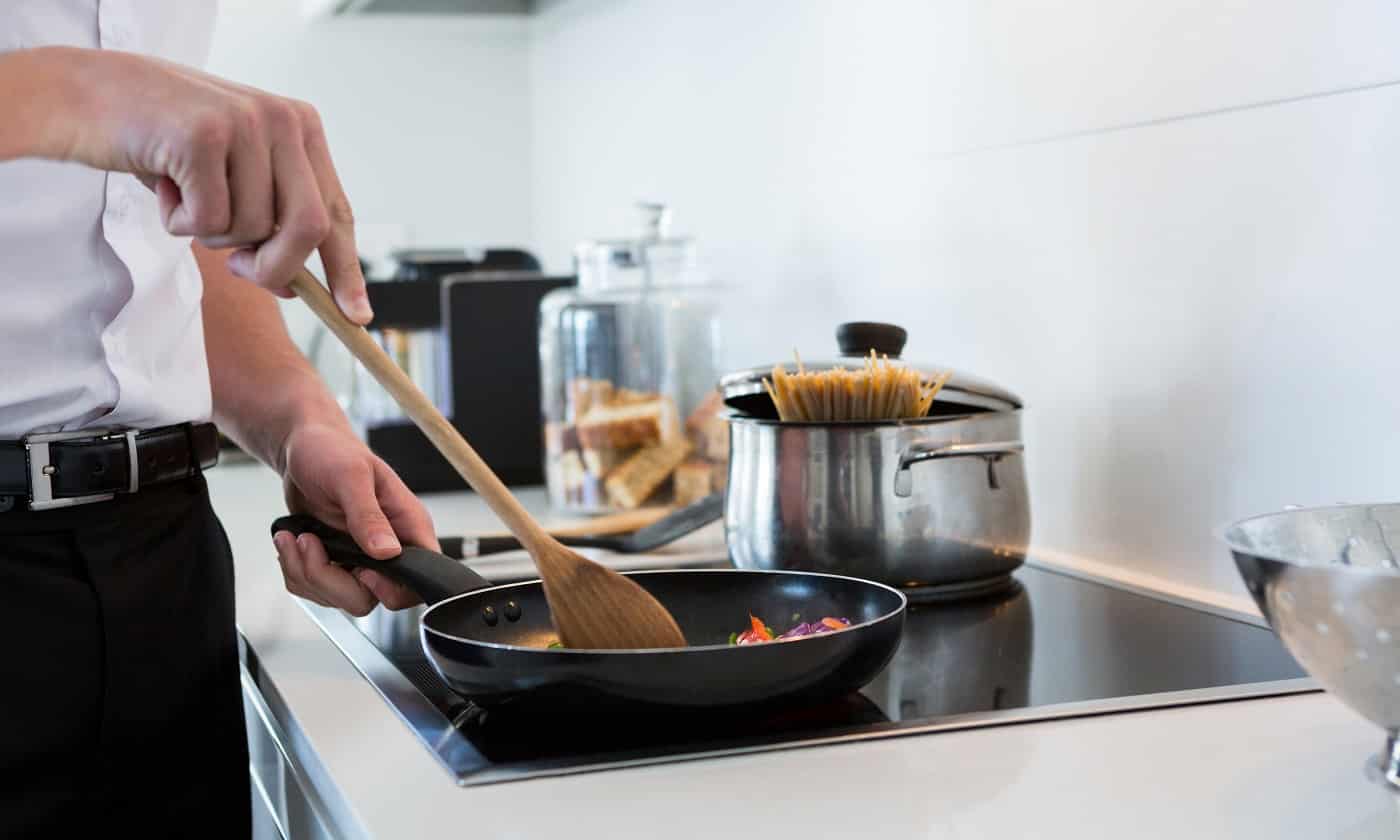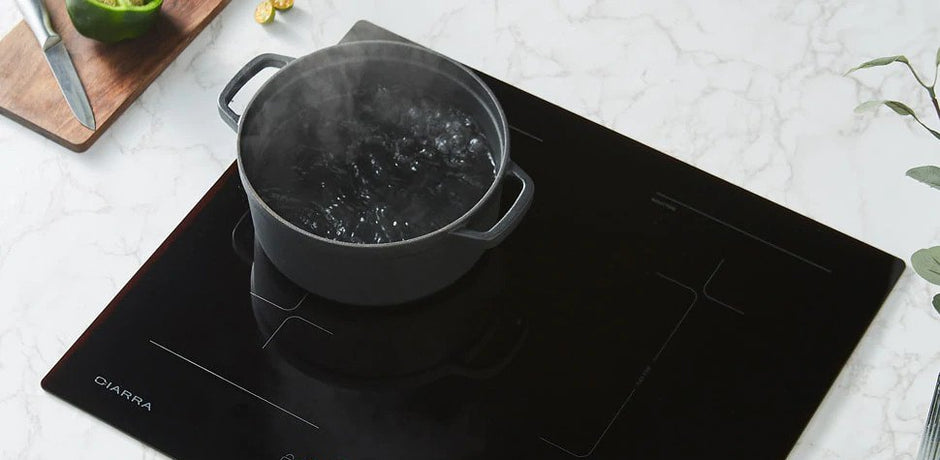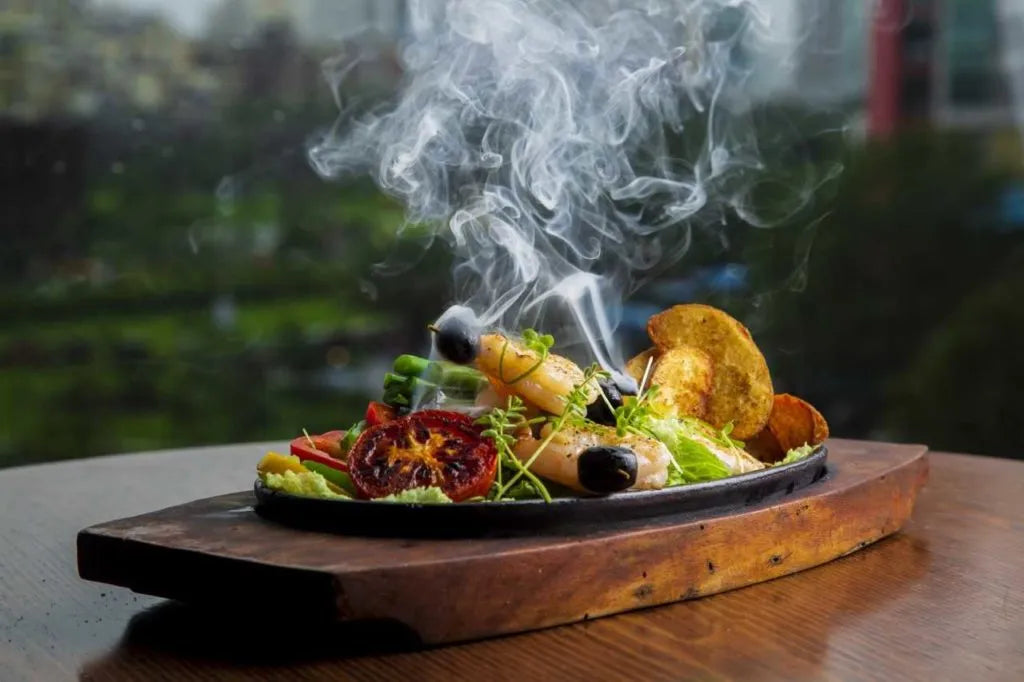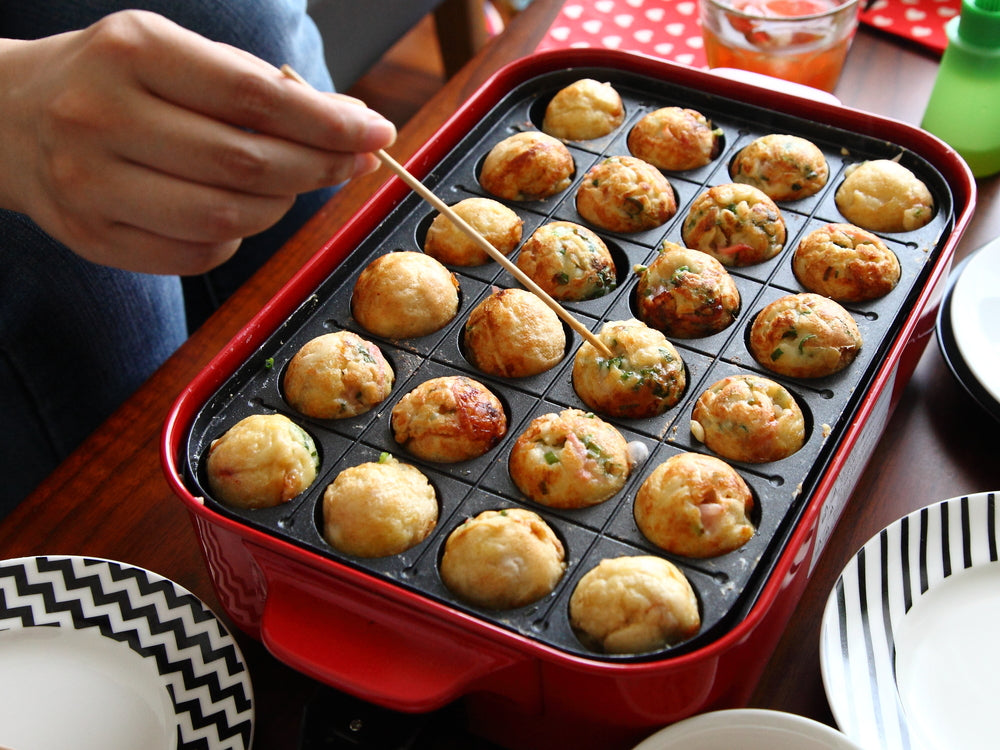In the evolving world of culinary technology, the debate between cast iron vs enameled steel on induction cooktops remains a hot topic among kitchen professionals. Both materials have their merits and challenges, especially when used with induction cooktops. Understanding the nuances of each can help professionals make informed decisions in selecting the right cookware for their culinary needs.

Understanding Induction Cooking
Induction cooking is a modern technique that utilizes electromagnetic energy to heat cookware directly. This method offers several advantages, including faster cooking times, precise temperature control, and energy efficiency. Induction cooktops are becoming increasingly popular in professional kitchens, and as such, the choice of cookware becomes paramount.
For those new to this technology, induction cooking requires specific types of cookware. The cookware must be ferromagnetic, meaning it must contain iron or have a magnetic base. Both cast iron and enameled steel meet this requirement, but each behaves differently on induction cooktops.
Cast Iron on Induction
Traditional cast iron is a favorite among chefs for its exceptional heat retention and even cooking. When used on an induction cooktop, cast iron heats up quickly and maintains temperature well, making it ideal for searing and slow-cooking dishes. The robust nature of cast iron makes it a durable choice that can withstand high temperatures.
One of the challenges of using cast iron on induction is its weight. Cast iron cookware can be quite heavy, which might be cumbersome for some professionals. Additionally, cast iron requires regular seasoning to maintain its non-stick surface and prevent rusting. For comprehensive tips on using cast iron, visit Culina Cooks.
Enameled Steel on Induction
Enameled steel, on the other hand, offers a different set of advantages. It combines the strength of steel with a non-reactive enamel coating, making it a versatile choice for induction cooking. Enameled steel heats quickly and evenly, but it doesnt retain heat as well as cast iron. This can be both a benefit and a drawback, depending on the dish being prepared.
The non-stick enamel coating requires less maintenance than traditional cast iron, making it more convenient for busy kitchens. However, care must be taken to avoid chipping the enamel, as this can affect the cookwares performance. If youre considering the balance of textures and heat in your cooking, this guide might be helpful.
Comparative Analysis
Heat Efficiency
Both cast iron and enameled steel are efficient on induction cooktops. Cast irons superior heat retention makes it ideal for dishes requiring sustained high temperatures. In contrast, enameled steels rapid heating suits quick-cooking techniques and delicate sauces.
Durability and Maintenance
When considering durability, cast iron wins hands down. It can last a lifetime if properly maintained. Enameled steel, while durable, requires careful handling to preserve the enamel coating. Regular maintenance is essential for both materials, with cast iron needing seasoning and enameled steel needing gentle cleaning methods.
Cost Considerations
Cost is another factor to consider. Generally, enameled steel is more affordable than high-quality cast iron. This makes it an attractive option for those on a budget, though it might not offer the same longevity as cast iron.
For a deeper dive into the cost-effectiveness of these materials, check out this article.
Conclusion
Choosing between cast iron vs enameled steel on induction boils down to personal preferences and specific cooking needs. Cast iron is perfect for those who value heat retention and durability, while enameled steel is ideal for those seeking convenience and ease of maintenance. Each has its place in the professional kitchen, and understanding their differences allows chefs to harness their strengths effectively.
Whether its the traditional charm of cast iron or the modern appeal of enameled steel, both types of cookware can enhance your culinary endeavors on induction cooktops. To learn more about using cast iron over any heat source, visit this resource.

FAQs
Does cast iron scratch induction cooktops?
While cast iron can potentially scratch induction cooktops, using a heat diffuser or placing a paper towel between the cookware and the cooktop can prevent scratches.
Is enameled steel as durable as cast iron?
Enameled steel is durable but not as long-lasting as cast iron, especially if the enamel coating chips. Proper care can extend its lifespan significantly.
Which is better for high-heat cooking?
Cast iron is generally better for high-heat cooking due to its excellent heat retention. Enameled steel is more suited for moderate heat applications.






Leave a comment
This site is protected by hCaptcha and the hCaptcha Privacy Policy and Terms of Service apply.